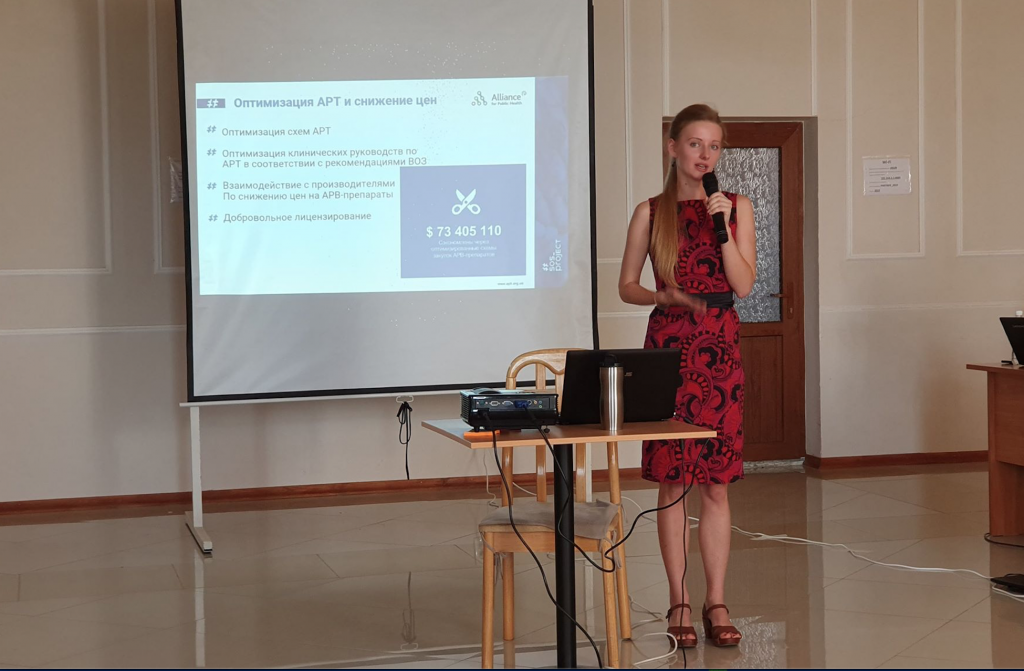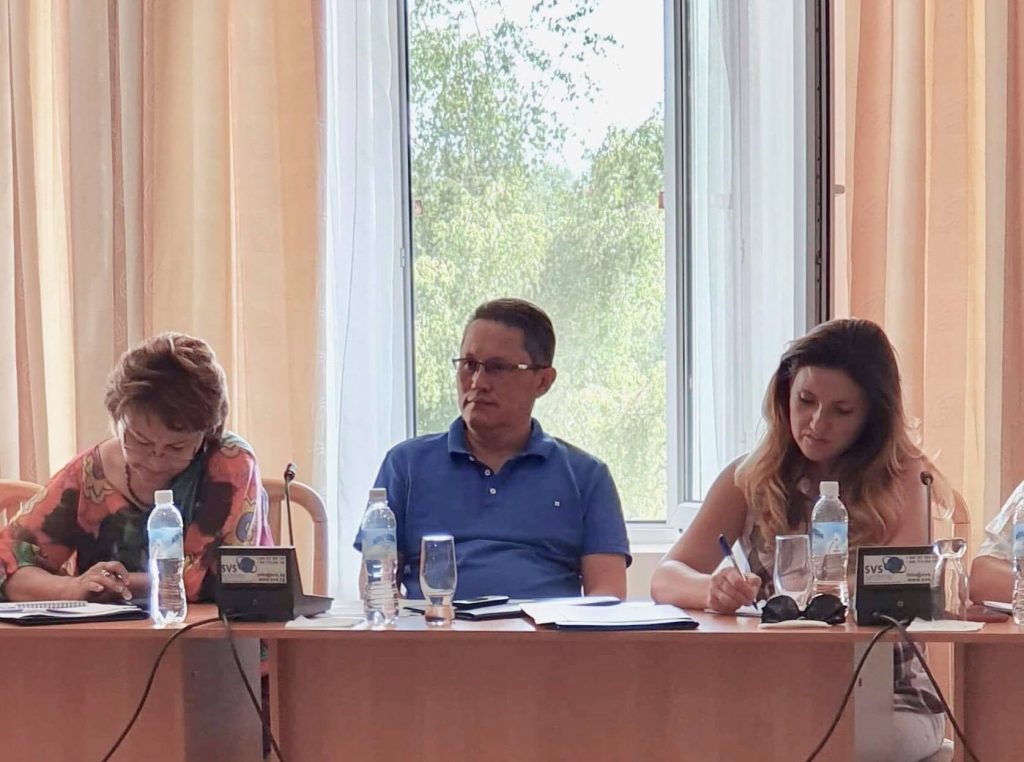#SoS_project introduces a new online system – REAct (Rights + Evidence + ACTion) in 4 countries of Eastern Europe and Central Asia. It is supposed to increase the effectiveness of efforts in the key groups and people living with HIV (PLHIV) rights protection.
The online tool REAct is being launched by the Alliance for Public Health within the regional project “Sustainability of Services for Key Groups in the EECA Region” (aka #SoS_project) to document and promptly respond to human rights violations. In August – September training events will be held in Kyrgyzstan, Tajikistan, Georgia and Moldova.
Frontline AIDS (UK) is the REACT system’s developer and technical partner #SoS_project team to implement tool in EECA Region.

“We hope that REAct, as an innovative, easy-to-use and secure tool for documenting cases of violation of key groups and PLHIV rights, will help to collect, register and resolve even more cases, to provide legal support systematically and urgently, to analyze violations of rights, to recommend and lobby for legislative changes. As a result, we will be able to help more people. We are confident that our collaboration with the country and regional partners will be productive and beneficial for all stakeholders and the most important – for all clients,” said Victoria Kalyniuk, REAct Regional Coordinator within #SoS_project, Alliance for Public Health.
The first country in the EECA region to start working with the system is the Kyrgyz Republic. Participants of the training, which is to be held on August 12-15 in Kyrgyzstan, will discover the opportunities and develop practical skills in using the databases, monitoring and reporting, as well as softskills to improve interviewing of victims.
“The event is attended by representatives of NGOs, the state and donor organizations that work in the field of human rights in our country. One of the important tasks that we all need to solve at this stage is how the proposed system can be effectively integrated into ongoing activities in the country, how it can increase the effectiveness of ongoing work to uphold the rights of those who need it,” says Aybar Sultangaziev , Executive Director of the Partnership Network Association.

According to Mr. Sultangaziev, in Kyrgyzstan it is planned to implement a REAct system in cooperation with the Street Lawyers Project. For more than 3 years, almost all NGOs working in the country in the field of HIV / TB have been using an institution of public defenders. It involved 23 public human rights defenders from key population groups that work in all regions of Kyrgyzstan, recording more than 1000 cases annually.
“As a result, we will be able to respond more quickly to violations and to receive expertise from around the world to develop the experience of our human rights defenders,” says Aybar Sultangaziev.
Aibek Bekbolotov, deputy director of the Republican AIDS Center, takes part in the training. In his opinion, the REAct system is of significant interest for the country in the context of improving the situation with human rights. At the same time, Mr. Aybek notes that for the effective implementation of this tool in countries, the #SoS_project team needs to engage the state by increasing the interaction and showing the need for and advantages of this system, as well as to promote the exchange of reports to validate cases and to gain more support at the state level.
Elmira Djorbaeva, Ishenim Nuru Public Foundation (Tokmok) reflects about the training: “I like that there will be less paper work. As a leader of the organization, I am glad that through this program I will be able to monitor my social workers. In my opinion, REAct – is not only about documentation, but also about the effective organization of the working process and management. ”
It is important to say that due to the online format, high level of data protection, easy-to-use format and variety of opportunities, the introduction of the REAct system will let us to reduce significantly existing legal barriers and to guarantee the most important human rights for access to HIV prevention services, and also to improve care and support services.
“I am convinced that the training itself and the subsequent implementation of the electronic system, in addition to the activities that are already being carried out in Kyrgyzstan, will allow us to institutionalize the existing active work.
In addition, the government of the country and the Ministry of Health actively support even at this early stage all key processes in order to introduce innovations related to electronic tracking. Representatives of the Ministry of Health even suggested us to consider in the future the possibility of integrating these bases with the base of the Ombudsman, law enforcement agencies, so that the response to violations of rights will be prompt, “Aybar said.
Sharipa Suvanalieva, a leading specialist of the Public Health Department of the Ministry of Health of the Kyrgyz Republic, noted that there is currently a great demand for digital databases in Kyrgyzstan and online monitoring using functional IT developments, and the Ministry of Health is interested in implementing modern online systems in its work. She said that she will monitor the implementation of REAct by national NGOs and in the future it will be possible to consider the institutionalization of these processes at the state level.
Learn more about the features and benefits of REAct >>>
The event in Kyrgyzstan is held by the Partnership Network Association with the support of the Alliance for Public Health, as part of the regional project “Sustainability of services for key groups in the EECA region” (aka #SoS_project).
SoS project implementation team: Alliance for Public Health, Association Partnership Network, (Kyrgyzstan), SPIN plus (Tajikistan), Georgian Harm Reduction Network (Georgia), Initiativa Pozitiva (Moldova), regional community networks Eurasian Harm Reduction Association and Eurasian Coalition on Male Health with technical support Frontline AIDS.

